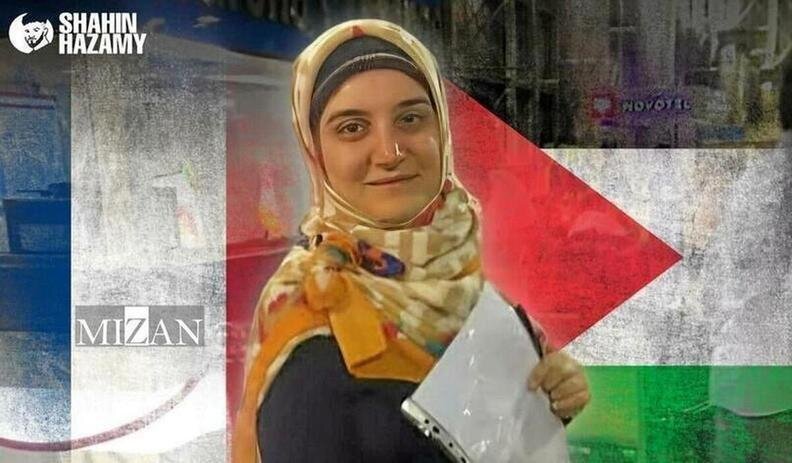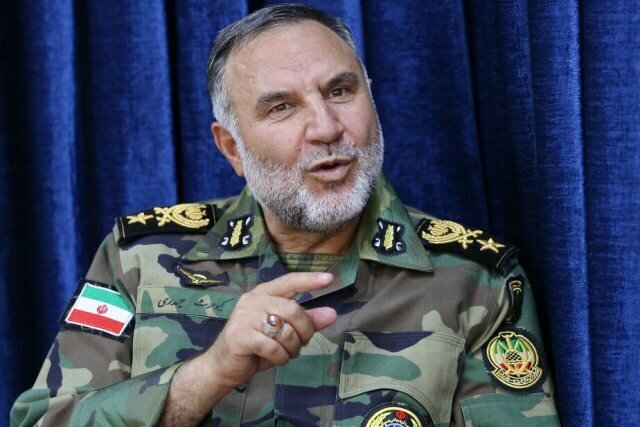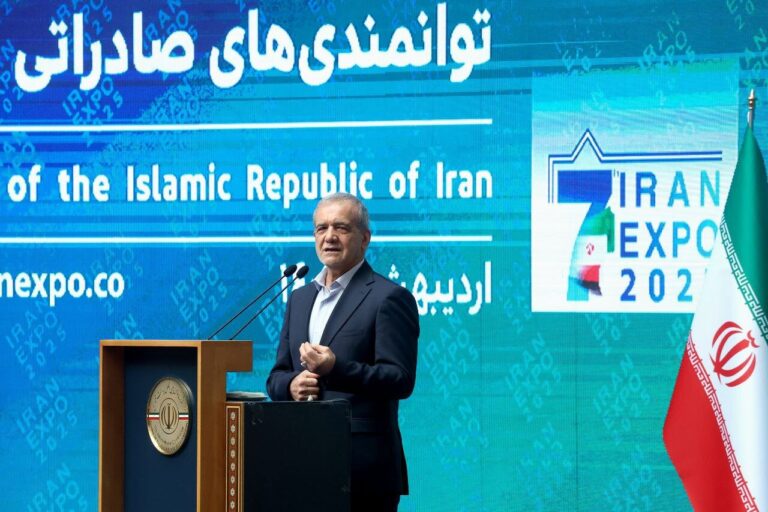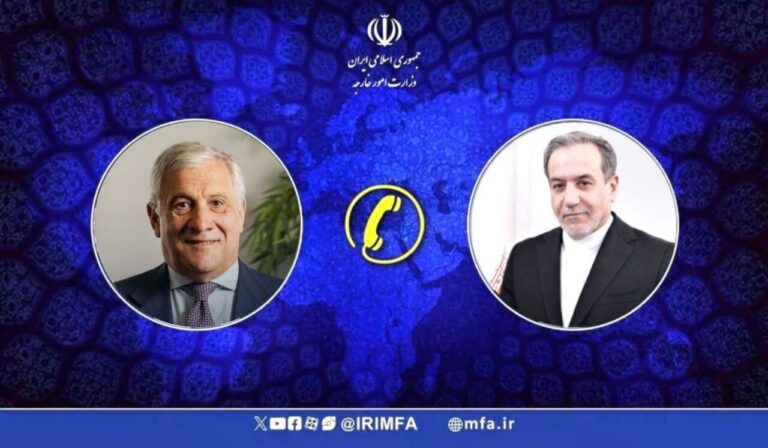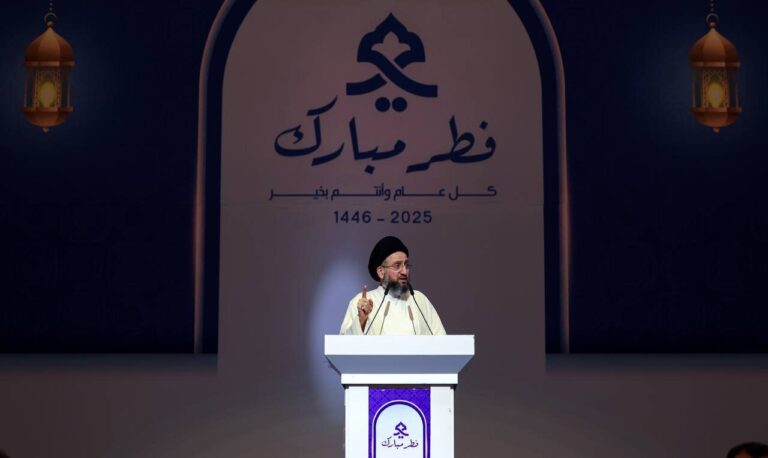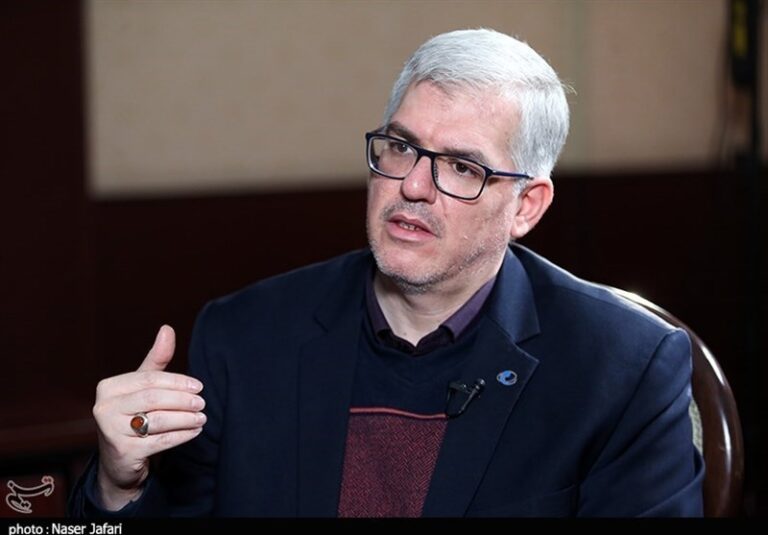Iran Urges France to Clarify Arrest of Pro-Palestine Activist Amid Rising Tensions
The recent disappearance of Mahdieh Esfandiari, a 39-year-old Iranian citizen residing in Lyon, France, has raised significant concerns among her family and the Iranian community. This incident highlights the challenges faced by those who advocate for human rights and express dissenting views in a politically charged environment.
According to the Iranian Judiciary’s Mizan news agency, Esfandiari’s family reported her absence in March 2025 after failing to receive any news from her for an extended period. This prompted them to notify Iranian authorities, leading to an investigation into her status as an Iranian citizen living abroad.
Esfandiari, a translator and a graduate of the University of Lyon, vanished in early March 2025. Following diplomatic engagements, it was discovered that she had been detained by French police; however, the specific reasons for her arrest and any charges against her remained unclear at that time.
On April 12, a breakthrough came when the French publication Le Point reported that French authorities had finally lifted their month-long silence regarding Esfandiari’s situation. This news came as a relief to her family and supporters, but it also raised further questions about the implications of her arrest.
According to the Mizan report, independent journalist Shahin Hazami, who is known for his support of Palestine, shared on social media that Esfandiari was detained after she published messages on a Telegram channel condemning the ongoing genocide in Gaza. Hazami’s comments have sparked discussions about the increasing suppression of voices that criticize the current humanitarian crisis in the region.
The details surrounding Esfandiari’s case and the broader implications of her arrest are significant for several reasons:
- Human Rights Concerns: Esfandiari’s arrest raises alarms regarding the rights of individuals to express their opinions freely, especially in relation to international conflicts.
- Political Climate: The incident reflects a growing trend in many countries where dissenting voices are increasingly silenced, particularly those speaking out against state actions or international policies.
- Impacts on Advocacy: This situation could deter future advocacy efforts by individuals who fear repercussions for their statements regarding sensitive political topics.
- International Relations: The case may strain diplomatic ties between Iran and France, especially if the Iranian government seeks to intervene or negotiate for Esfandiari’s release.
As the situation develops, the Iranian community and her family are calling for transparency and accountability from the French authorities. They are urging the government to clarify the charges against Esfandiari and to ensure her rights are upheld during this troubling time.
The implications of Esfandiari’s situation extend beyond her personal circumstances; they highlight larger issues of freedom of speech and human rights in a global context. The response from both the Iranian and French governments will be closely monitored by human rights organizations and advocates worldwide.
In conclusion, the case of Mahdieh Esfandiari serves as a poignant reminder of the risks faced by individuals who dare to speak out against injustices. The international community must remain vigilant and advocate for her rights, ensuring that her voice—and the voices of many others—are not silenced in the face of oppression.
As we await further developments, it is crucial to support those who stand firm in their beliefs and express their views, even in the face of adversity. The events surrounding Esfandiari’s case underscore the importance of solidarity and advocacy for human rights across borders.
